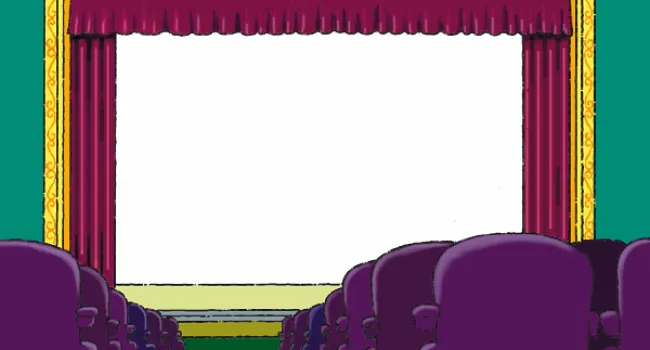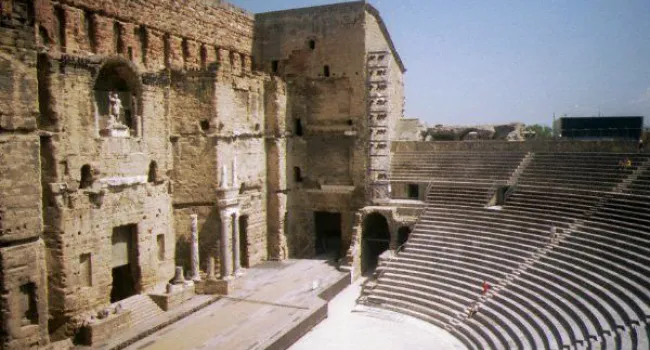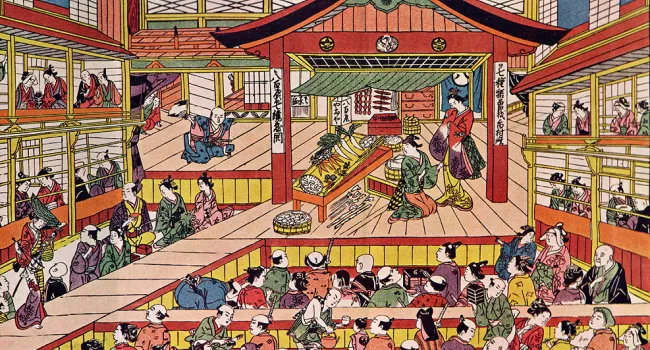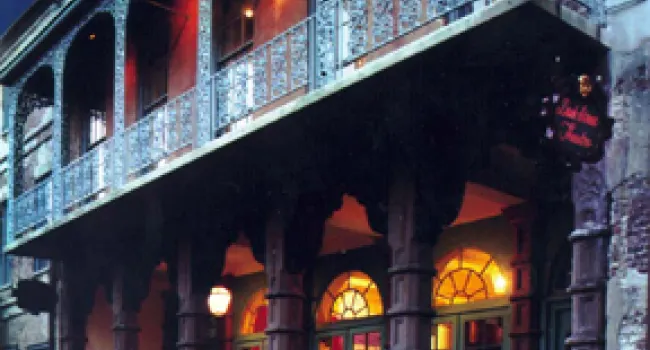Theater buildings were not permitted throughout Europe during medieval times, but traveling players, known as minstrels, kept the theater alive along with acrobats, puppeteers, jugglers and storytellers. They created a stage by raising a simple platform wherever they performed in halls, market places and at festivals. Christians thought this kind of entertainment was a sin, so they started their own kind of theater. During an Easter Sunday service, priests acted out the meaning of the holy day to help teach people who could not read. These “miracle” plays became so popular that there was not enough room to perform in the church and they moved outside. They were still considered religious events and not entertainment.




